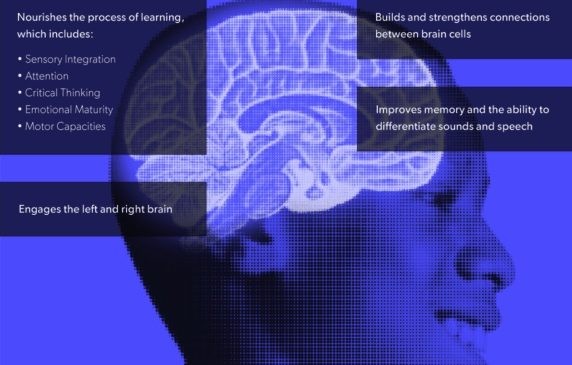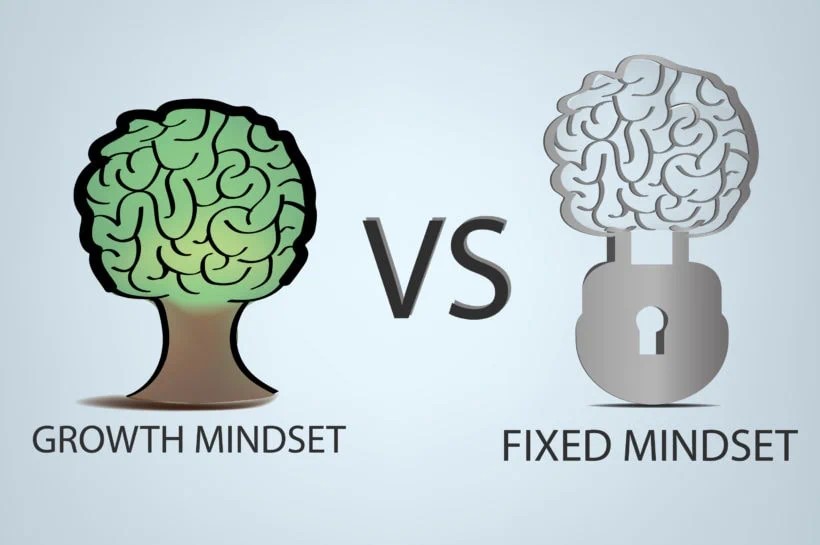For centuries, music has captivated humanity, serving as a powerful medium for emotional expression, cultural celebration, and pure aesthetic pleasure. Yet, beyond its undeniable artistic and emotional resonance, a growing body of scientific evidence reveals that engaging with music, particularly through active learning and practice, offers a remarkable symphony of cognitive benefits. Far from being a mere extracurricular pastime, learning music provides a rigorous workout for the brain, enhancing a diverse range of cognitive functions that extend far beyond the realm of rhythm and melody, influencing academic success, professional acumen, and overall cognitive well-being throughout the lifespan.
One of the most striking cognitive advantages of musical training lies in its profound impact on **executive functions**. These are the higher-level cognitive processes that enable us to plan, organize, prioritize, and regulate our behavior. When a musician learns a new piece, they must break it down into smaller sections, identify patterns, set goals for practice, monitor their progress, and adapt their technique based on feedback. This constant mental juggling strengthens circuits related to planning, problem-solving, and decision-making. Imagine a pianist simultaneously reading sheet music, coordinating intricate finger movements, listening to their own sound for accuracy, and adjusting dynamics – this complex interplay demands intense focus and rapid cognitive switching, skills that are highly transferable to academic tasks like essay writing, scientific experimentation, or strategic business planning.
Furthermore, learning music significantly enhances **memory capabilities**. Musicians are constantly engaging various forms of memory: remembering musical notation (visual memory), recalling melodies and rhythms (auditory memory), and executing fingerings or physical movements (motor memory). This multi-modal engagement creates robust neural connections, leading to improved memory retrieval processes and stronger retention. Studies have shown that individuals with musical training often exhibit superior verbal memory, enabling them to remember words, languages, and even complex academic concepts more effectively. The process of memorizing a long piece of music, which involves sequential recall and pattern recognition, acts as a powerful cognitive exercise that can translate into improved recall in non-musical domains, such as remembering facts for an exam or recalling details in a professional presentation.
The intricate demands of music also sharpen **attention and concentration skills**. Playing an instrument or participating in an ensemble requires sustained, divided attention. A musician must focus on their own part, the conductor’s cues, the contributions of other musicians, and the overall sound, all while maintaining tempo and dynamics. This constant need to filter out distractions and simultaneously process multiple streams of information cultivates a heightened capacity for sustained attention. This enhanced focus can have a direct positive impact on academic performance, allowing students to concentrate more deeply during lectures, absorb information from textbooks more efficiently, and resist distractions in a busy study environment. It’s a form of mental discipline that trains the brain to lock onto a task and perform complex operations without losing focus.
Beyond these core cognitive functions, musical training has been linked to improvements in **language processing and spatial reasoning**. The brain’s processing of music, particularly rhythm and pitch, shares neural pathways with language acquisition. This overlap can lead to enhanced phonetic discrimination, improved pronunciation accuracy in second languages, and even better reading abilities. For instance, the ability to discern subtle differences in musical tones can translate into a heightened sensitivity to the phonemes and inflections of spoken language. Additionally, understanding musical notation and the physical layout of instruments, such as the arrangement of keys on a piano or frets on a guitar, cultivates strong spatial reasoning skills. This ability to visualize and manipulate patterns in space is crucial for subjects like mathematics, geometry, and engineering, demonstrating how music can prime the brain for success in STEM fields.
Finally, the discipline and perseverance inherent in learning music foster a powerful sense of **resilience and problem-solving aptitude**. Mastering an instrument is rarely a linear process; it involves encountering technical challenges, overcoming frustrating plateaus, and consistently refining one’s approach. This iterative process of identifying a problem, devising a solution, practicing, and evaluating the outcome mirrors the problem-solving cycles encountered in academic research, critical thinking, and professional innovation. Musicians learn to be adaptable, to break down complex problems into manageable parts, and to persist even when immediate results are not apparent. This cultivates a growth mindset, preparing individuals to approach challenges in all areas of life with creativity, determination, and an unwavering belief in their ability to improve.
In essence, learning music is far more than an artistic pursuit; it is a holistic cognitive workout that sculpts the brain in remarkable ways. By simultaneously engaging auditory, visual, and motor cortices, it builds intricate neural networks that underpin a wide array of cognitive abilities. From bolstering executive functions and memory to sharpening attention, enhancing language skills, and fostering resilience, the cognitive benefits of learning music resonate throughout an individual’s life, enriching their intellectual capacity and equipping them with versatile skills essential for success in an increasingly complex world.




